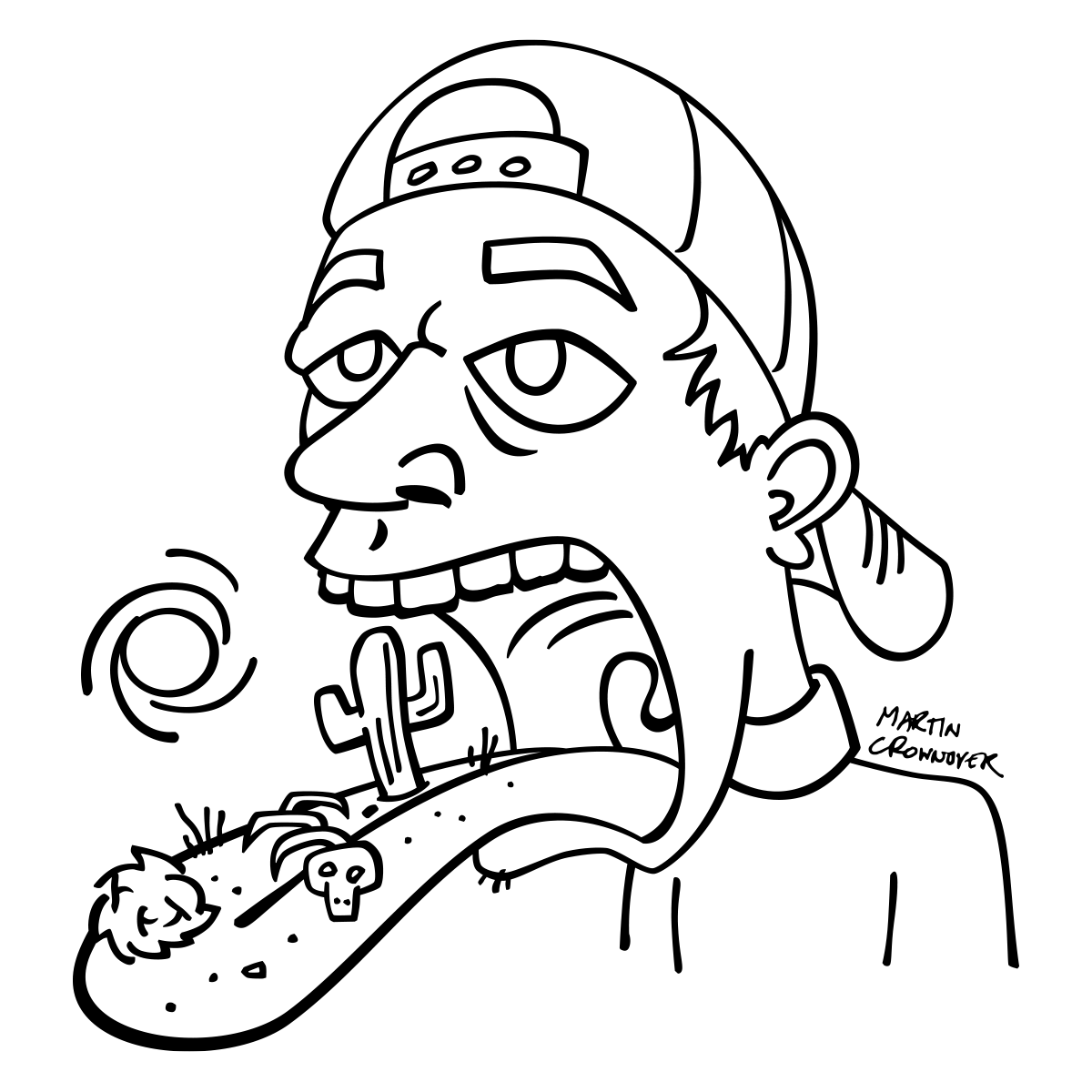What Causes Dry Mouth?
Causes of dry mouth include:
Side effect of certain medications. Dry mouth is a common side effect of many prescription and nonprescription drugs, including drugs used to treat depression, anxiety, pain, allergies, and colds (antihistamines and decongestants), obesity, acne, epilepsy, hypertension (diuretics), diarrhea, nausea, psychotic disorders, urinary incontinence, asthma (certain bronchodilators), and Parkinson’s disease. Dry mouth can also be a side effect of muscle relaxants and sedatives.
Side effect of certain diseases and infections. Dry mouth can be a side effect of medical conditions, including Sjögren’s syndrome, HIV/AIDS, Alzheimer’s disease, diabetes, anemia, cystic fibrosis, rheumatoid arthritis, hypertension, Parkinson’s disease, stroke, and mumps.
Side effect of certain medical treatments. Damage to the salivary glands, the glands that make saliva, can reduce the amount of saliva produced. For example, the damage could stem from radiation to the head and neck, and chemotherapy treatments, for cancer.
Nerve damage. Dry mouth can be a result of nerve damage to the head and neck area from an injury or surgery.
Dehydration. Conditions that lead to dehydration, such as fever, excessive sweating, vomiting, diarrhea, blood loss, and burns can cause dry mouth.
Surgical removal of the salivary glands.
Lifestyle. Smoking or chewing tobacco can affect how much saliva you make and aggravate dry mouth. Breathing with your mouth open a lot can also contribute to the problem.

What Are the Symptoms of Dry Mouth?
Common symptoms include:
A sticky, dry feeling in the mouth
Frequent thirst
Sores in the mouth; sores or split skin at the corners of the mouth; cracked lips
A dry feeling in the throat
A burning or tingling sensation in the mouth and especially on the tongue
A dry, red, raw tongue
Problems speaking or trouble tasting, chewing, and swallowing
Hoarseness, dry nasal passages, sore throat
Bad breath
Why Is Dry Mouth a Problem?
Besides causing the symptoms mentioned above, dry mouth also raises your risk of gingivitis (gum disease), tooth decay, and mouth infections, such as thrush.
Dry mouth can also make it hard to wear dentures.
How Is Dry Mouth Treated?
If you think your dry mouth is caused by certain medication you’re taking, talk to your doctor. The doctor may adjust the dose you’re taking or switch you to a different drug that doesn’t cause dry mouth.
The doctor may also prescribe an oral rinse to restore mouth moisture. If that doesn’t help, he or she may prescribe a medication that boosts saliva production called Salagen.
You can also try these other steps, which may help improve saliva flow:
Suck on sugar-free candy or chew sugar-free gum.
Drink plenty of water to help keep your mouth moist.
Brush with a fluoridetoothpaste, use a fluoride rinse, and visit your dentist regularly.
Breathe through your nose, not your mouth, as much as possible.
Use a room vaporizer to add moisture to the bedroom air.
Use an over-the-counter artificial saliva substitute.

